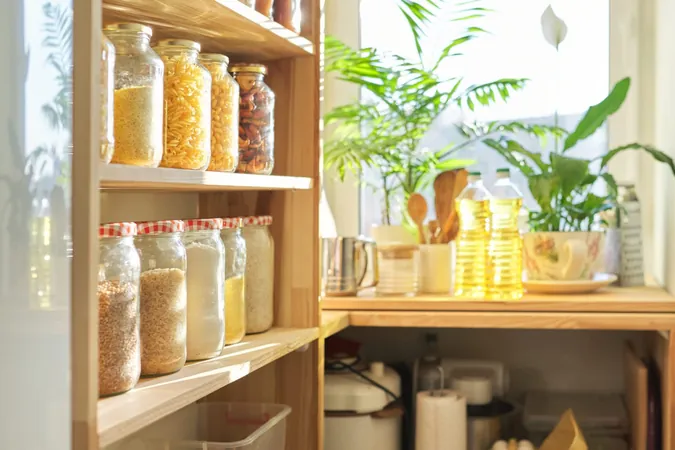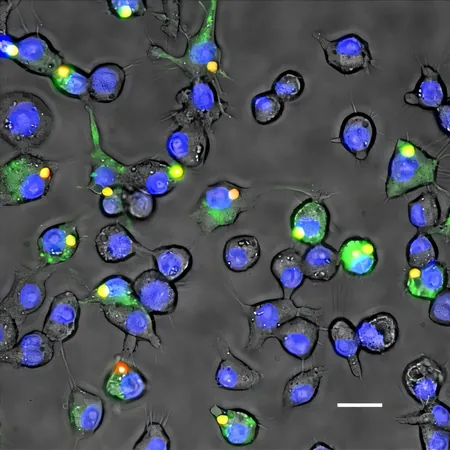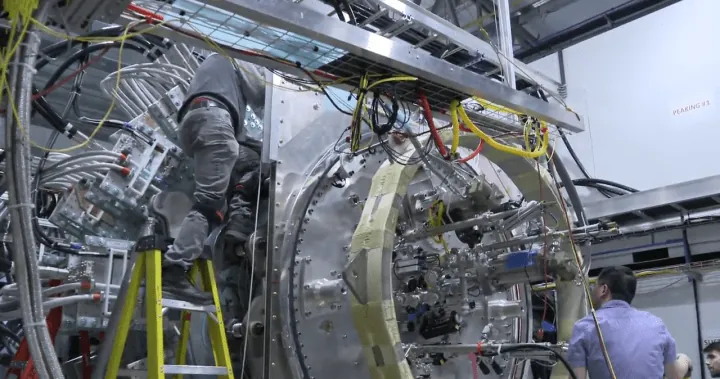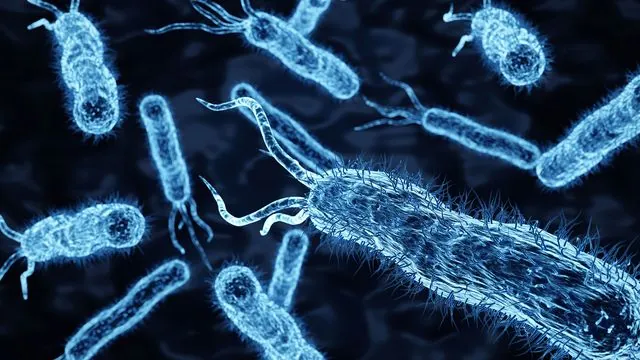
Breakthrough Discovery: Everyday Sugar Could Revolutionize Recycling and Hydrogen Production
2025-03-24
Author: Emma
Breakthrough Discovery: Everyday Sugar Could Revolutionize Recycling and Hydrogen Production
In an extraordinary finding, scientists from the Daegu Gyeongbuk Institute of Science and Technology in South Korea have unveiled that sugar might hold the key to not only sweetening our meals but also transforming the fields of hydrogen production and plastic recycling.
Professor Chiyoung Park and his fellow researchers have utilized components derived from sugar to eliminate harmful chemicals that impede plastic recycling processes. Their innovative catalytic technology demonstrated significant potential for enhancing hydrogen production and storage efficiency, making it both an exciting scientific advancement and a practical solution.
The team created the catalyst using cyclodextrin, a molecule sourced from sugar, combined with molybdenum disulfide and fullerene. Remarkably, this mixture can be prepared with just a mortar and pestle, making it an accessible and cost-effective method for tackling plastic waste and hydrogen generation.
This development could revolutionize the recycling industry, especially as many common plastics, such as wraps and cling films, present recycling challenges. Alarmingly, the United Nations Environment Programme reports that around 85% of single-use plastics in packaging end up in landfills or polluting the environment, contributing to the release of methane and toxic substances into ecosystems. The sugar-derived catalyst has the potential to provide an economical approach to mitigating plastic pollution worldwide.
In parallel, the potential applications for hydrogen production are compelling. Fullerenes, which are carbon molecules shaped like hollow spheres, have attracted increasing attention for their ability to act as catalysts in splitting water molecules into hydrogen and oxygen. This process is vital for both hydrogen-based fuel synthesis and industrial chemical manufacturing. Furthermore, researchers are investigating how fullerenes can decompose methane into hydrogen and carbon, which could pave the way for sustainable hydrogen production techniques.
The findings from this research, published in the Chemical Engineering Journal, highlight the remarkable capabilities of supramolecular chemistry to overcome the limitations faced by conventional industrial methods. Professor Park stated, "This research exemplifies how the strengths of supramolecular chemistry can conquer the limitations of traditional processes. We are eager to expand our research to encompass environmental remediation technologies utilizing molybdenum disulfide catalysts."
As we stand on the brink of an energy revolution and a cleaning strategy for our planet, it raises an essential question: Could this new sugar-powered technology be the answer to our environmental woes? With continuous advancements, the world might soon benefit from affordable, pollution-free energy and a cleaner environment thanks to our everyday kitchen staples. Stay tuned for more updates on this groundbreaking research!









 Brasil (PT)
Brasil (PT)
 Canada (EN)
Canada (EN)
 Chile (ES)
Chile (ES)
 Česko (CS)
Česko (CS)
 대한민국 (KO)
대한민국 (KO)
 España (ES)
España (ES)
 France (FR)
France (FR)
 Hong Kong (EN)
Hong Kong (EN)
 Italia (IT)
Italia (IT)
 日本 (JA)
日本 (JA)
 Magyarország (HU)
Magyarország (HU)
 Norge (NO)
Norge (NO)
 Polska (PL)
Polska (PL)
 Schweiz (DE)
Schweiz (DE)
 Singapore (EN)
Singapore (EN)
 Sverige (SV)
Sverige (SV)
 Suomi (FI)
Suomi (FI)
 Türkiye (TR)
Türkiye (TR)
 الإمارات العربية المتحدة (AR)
الإمارات العربية المتحدة (AR)